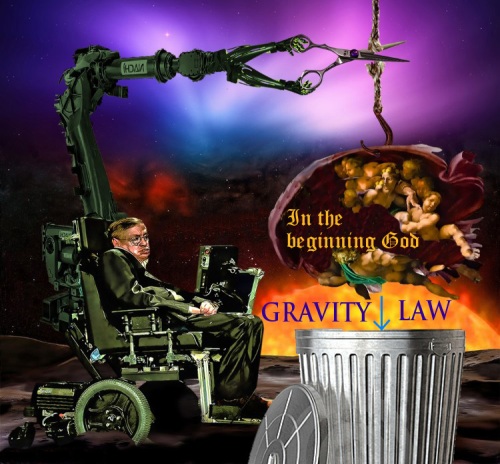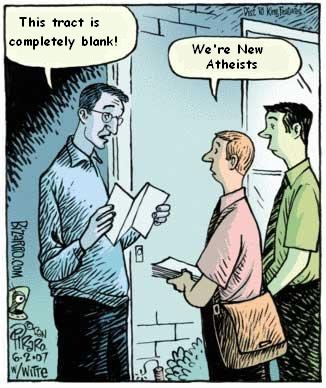[Read Part I and Part II for background]
Stephen Hawking was doubtless a very intelligent man, but in his 2010 book The Grand Design (surely a title that is supposed to be ironic) he showed that even the most intelligent of scientists can write drivel, and this monograph is a classic for that very reason. He followed up his inanities in an interview on Larry King Live on September 10, 2010. It became evident to all (if anyone was hitherto in any doubt) that Hawking’s brilliance was in a very narrow field indeed. Early in his book he announces
Philosophy is dead. It has not kept up with modern developments in science, particularly in physics. As a result scientists have become the bearers of the torch of discovery in our quest for knowledge.
As William Lane Craig has remarked, such a verdict is
not merely condescending, but also…outrageously naïve. The man who claims to have no need of philosophy is the one most apt to be fooled by it.
Indeed, Hawking and his co-author Mlodinow proceed to show just how ignorant they are of philosophy, theology, the philosophy of science, the history of philosophy, the history of science, and general science itself. In the Larry King Live show Hawking was asked who his hero was, and why, to which he responded:
Galileo, the first modern scientist who realized the importance of observation.
Well, you can have who you like as your hero, of course, but the claim about Galileo is utter rot. He couldn’t hold a candle to the likes of Kepler, for one. Galileo was a second-rate scientist in the main, who continued to his dying day to deny gravitational force as constraining bodies to rotate around the sun, clinging to an Aristotelian idea that celestial bodies ‘naturally’ moved in ‘perfect’ circles because they were not acted upon by a centripetal force, and he refused to accept Kepler’s careful observations and tabulated data that planets were subject to gravitational pull and moved in ellipses. He likewise refused to believe that the sun and moon caused the tides, as Kepler showed, because he denied extraterrestrial gravity. Apart from his last work, under house arrest, on mechanics, the myth of Galileo’s supposed greatness is the deliberate invention of atheists, communists and other anti-Christians, who have cunningly warped history since the nineteenth century to promote a ‘conflict thesis’. Mighty interesting that Hawking, who has built his reputation on pushing cosmic gravity into the absurd, without observational corroboration, should have as his hero one who denied extraterrestrial gravity and who often espoused dogma over meticulous observation.
But if philosophy is dead, it is dead only in the mind of Stephen Hawking, where it was delivered stillborn, or smothered at birth. As someone has said, when all you have is a hammer, everything looks like a nail. And if ‘scientific’ conjecture is all Hawking has by way of explanation, it does the crudest of jobs, riding roughshod over and mangling all understanding, rationality and logic, so that he ends up making statements unworthy of an intelligent man. Just as, by definition, ‘Intelligent Design’ is not a scientific hypothesis because it deals with causes outside the realm on natural science, likewise a physical explanation cannot be an explanation for a metaphysical problem.




Recent Comments